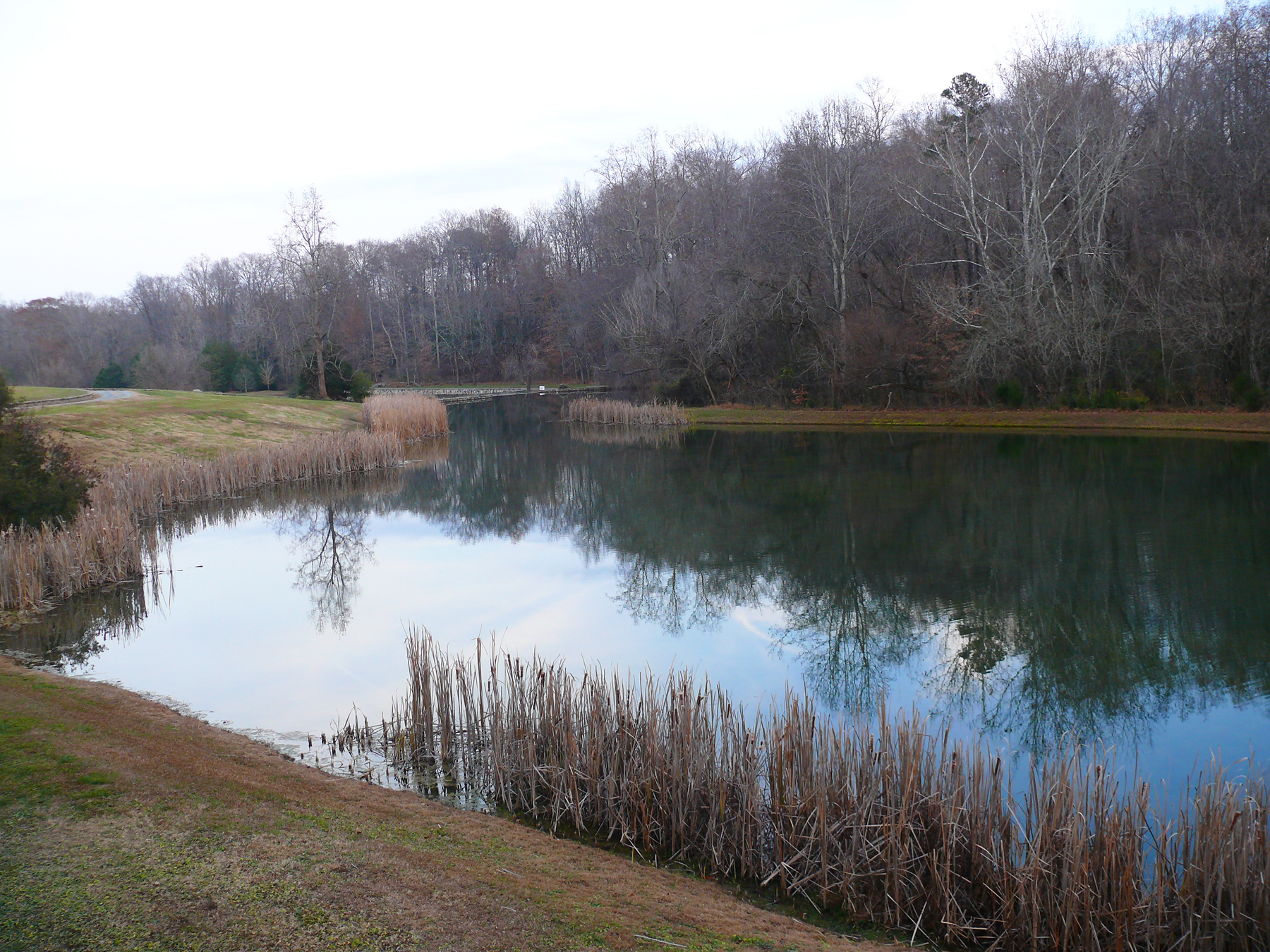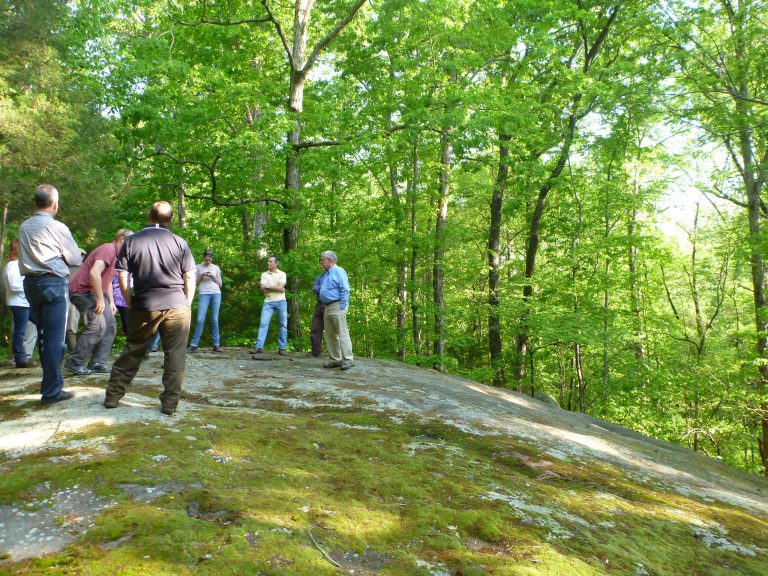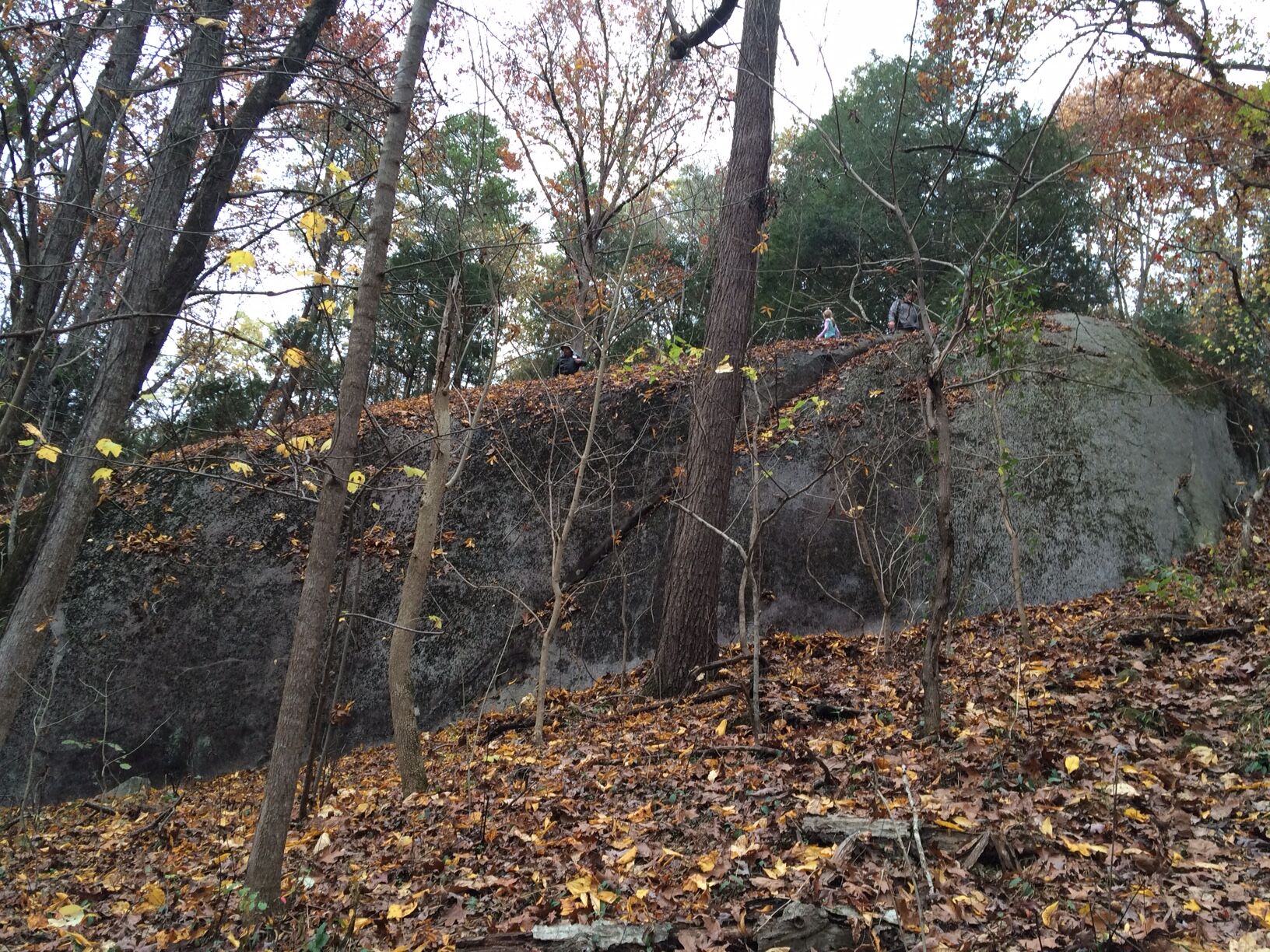LAND CONSERVATION OFFERS BENEFITS TO LAND OWNERS



For landowners, conservation is a way to preserve permanently the land they love.
It’s also a major financial decision. When landowners donate land or a conservation easement, they give up part of the value of their property — often their family’s biggest asset. Tax incentives offset some of that loss in value, making protection easier for more landowners.
If you’re a landowner who loves your land and wants to protect it forever, we should talk.
Interested in learning more about the process of conserving land? Check out our handy Step-by-Step Guide, and our answers to the most Frequently Asked Questions, about land conservation.
If you or someone you know owns undeveloped land in the Davidson area, Davidson Lands Conservancy can help preserve it forever. Email Beth Wytiaz, Executive Director, to learn how – or call her at 704-421-0979.

